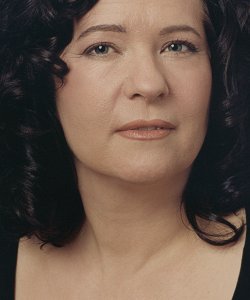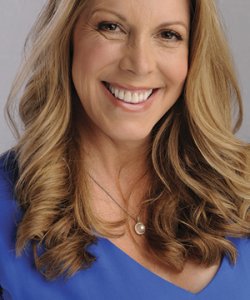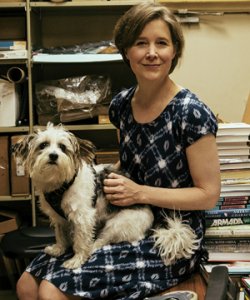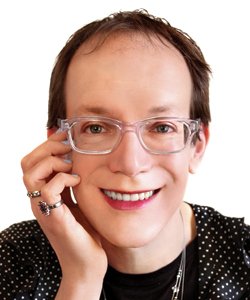Reviewers & Critics: Laura Miller of Slate

Laura Miller discusses how she chooses books, the effect of the Internet on literary criticism, and her belief that reading is as profoundly creative as writing.
Jump to navigation Skip to content

Laura Miller discusses how she chooses books, the effect of the Internet on literary criticism, and her belief that reading is as profoundly creative as writing.

Lucetta Zaytoun discusses the process of self-publishing her debut memoir, It’s Already Tomorrow Here. A publicist and a publishing consultant offer their advice on design, distribution, and long-term marketing strategies to the author.

A writer considers the art, discomfort, and necessity of self-promotion, as well as its evolution in the digital age.

Anna Gosh answers readers’ questions—from why poetry agents are seemingly nonexistent to whether or not it is possible to be “too young to write.”
After having a story rejected by several literary magazines, contributing editor Michael Bourne discusses the lessons he learned from the experience, including the feedback and notes for revision he received from editors that helped him write—and eventually publish—a better story.
After publishing several books with less-than-thrilling covers, a veteran author shares advice on how and when to meddle with the book-design process—without alienating your publisher.
From embracing the Internet to leveraging blurbs, a debut novelist offers strategies for publicizing your own book, an imperative for many authors publishing with small presses whose limited budgets preclude broad publicity campaigns.

In a continuing series, Debra W. Englander consults an author and events manager, as well as a CEO of a book-marketing firm, to provide self-published author Jonathan R. Miller valuable book-industry advice on his novel The Two Levels.

What do Ann Patchett, Jeff Kinney, Louise Erdrich, and Judy Blume have in common? Aside from being best-selling authors, they are all also dedicated booksellers, each having opened independent bookstores of their own.

Steph Burt, acclaimed critic, poet, and Harvard professor, talks about their path to becoming a poetry critic, working as both a poet and a critic, and how the internet has greatly expanded the conversations surrounding poetry and poetics.